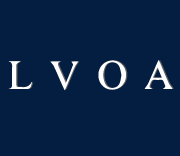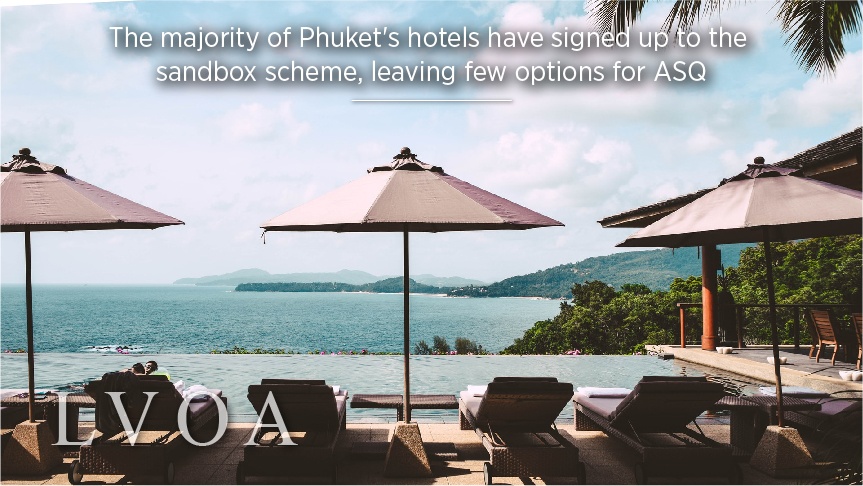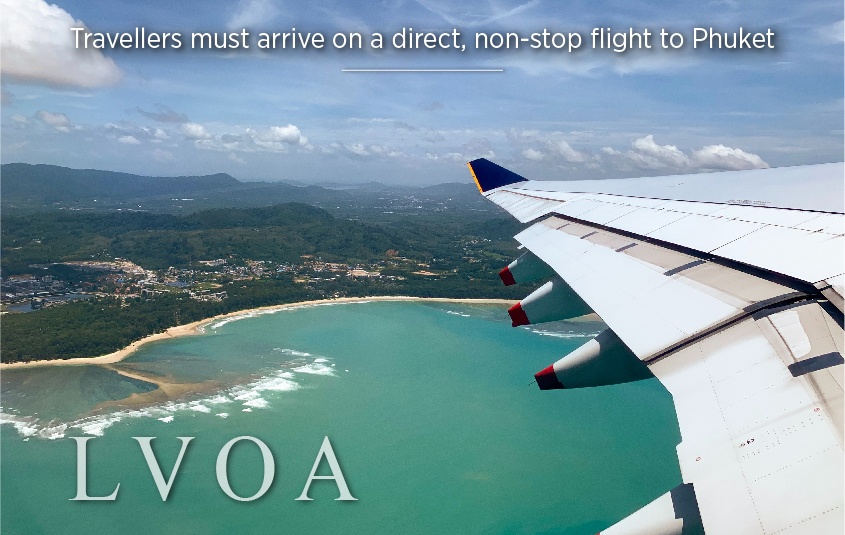Two months into the “No Quarantine” Phuket Sandbox model, we are beginning to see the results of this initiative. The scheme marks the start of Thailand’s reopening to tourism and has proved popular initially, but there are bumps in the road, especially from Thailand’s third wave. Here, we explore the requirements, challenges and successes of the Phuket Sandbox thus far, as well as discussion on its future.
What is the Phuket Sandbox model?
As of 1st July, fully vaccinated travellers can travel to Phuket without completing a mandatory 14-day quarantine in an ASQ (Alternative State Quarantine) hotel. They can go anywhere in Phuket for two weeks, after which they are free to continue their travels elsewhere in Thailand.
Of course, there are conditions. Travellers must arrive from a country or territory approved by the Centre for COVID-19 Situation Administration, where they have resided for no less than 21 days. (There are exceptions for Thai nationals and foreign expatriates returning from overseas.) In addition, travellers must arrive on a direct, non-stop flight into Phuket.
Before arriving in Thailand, travellers must have:
- Certificate of Entry.
- Negative RT-PCR test no less than 72 hours old.
- Insurance covering Covid-19 for the duration of stay with coverage no less than USD100,000.
- Payment confirmation for no less than 14 nights stay and RT-PCR tests at approved hotels.
- Certificate of vaccination against COVID-19 with a vaccine approved by the Ministry of Public Health or the World Health Organisation, no less than 14 days before travel date. (Not required for travellers under 18 years old.)
Upon arrival in Phuket, travellers must:
- Complete health screening.
- Download an alert application on their phone.
- Undergo an RT-PCR test, then quarantine at their hotel until results are released.
- Take a second test on Day 6 or 7 of stay.
- Take a third test on Day 12 or 13 of stay.
If a traveller tests positive, they must transfer to a specified healthcare facility or ASQ hotel. If a traveller comes into close contact with a positive Covid-19 case, they must also transfer to a specified healthcare facility or ASQ hotel.
Successes of the Phuket Sandbox model
In the first two months of the Phuket Sandbox initiative, there were over 26,400 tourist arrivals, according to the Ministry of Tourism and Sports. The largest groups were Americans (3,647), Britons (3,437), Israelis (3,141), French (2,174) and Germans (2,159), as reported by the Immigration Bureau (Bangkok Post).
For the hospitality industry, this model is a much-needed boost. There are 407 Phuket Sandbox hotels currently in operation, offering packages starting from THB6,300. This is very reasonable in comparison to Phuket’s ASQ hotels, which offer packages starting from THB54,000.
Combined with the Samui Plus model, which was launched at the same time, government spokesman Thanakorn Wangboonkongchana reported that “tourists have spent around 60,000-70,000 baht per trip, helping the country generate revenue of 1.63 billion baht.” (Bangkok Post)
As of mid-August, the 7+7 plan – which proposes to reduce the stay to seven days on Phuket, plus seven days in selected areas in Surat Thani, Krabi, or Phang Nga – was rolled out. What’s more, the government is pressing forward with plans to expand the sandbox model to five more of Thailand’s provinces starting in October: Bangkok, Chon Buri, Phetchaburi, Prachuap Khiri Khan and Chiang Mai.
Challenges of the Phuket Sandbox model
Thailand is in the midst of its deadliest wave of Covid-19. Much of the country is in designated “red” and “dark red” zones, which mean lockdown measures and tight restrictions. This alone is enough to dissuade travel to Phuket, while major markets such as the United States, the UK and the EU have downgraded Thailand from safe travel lists.
There are other risks for tourists who opt for the Phuket Sandbox initiative. First, there is the risk of testing positive and having to transfer to a medical facility or ASQ hotel, at travellers’ own expense. Second, there is the risk of coming into contact with someone who tests positive, which is somewhat beyond the traveller’s control.
In the case of sandbox tourist Stefanie Korényi, she had to transfer to an ASQ hotel after being deemed a “High Risk Contact” of a passenger who tested positive on her flight, despite testing negative herself. In another case, two children tested positive on their second round of testing, causing confusion, as the adults they were travelling with tested negative. Thankfully, a family member was allowed to quarantine with them, permitted he complete an additional quarantine after their recovery.
The majority of Phuket’s open hotels have signed up to the Phuket Sandbox initiative (407), leaving only 29 hotel options for ASQ. This provides limited options should sandbox travellers test positive, and could make things more difficult should the rate of infection rise in Phuket.
Although unrelated to Covid-19, sadly there was also the assault and murder of a 57-year-old Swiss woman who was staying on Phuket as part of the sandbox model, which has been negative publicity for the island and Thailand in general.
Conclusion
The Phuket Sandbox is providing a glimmer of hope for the island’s hospitality industry and authorities seem determined that it not only stay, but expand to the rest of the country, despite challenges, in order to bolster income from tourism (it’s estimated that around 12% Thailand’s GDP comes from tourism).
However, as Thailand’s third wave continues and major markets are affected, it’s unclear how successful the model will continue to be in attracting tourists. It would be interesting to see data comparison between foreign tourist arrivals and the number of Thai nationals and foreign expatriates returning from overseas using the sandbox (some of whom left the country in order to obtain vaccines), as well as domestic tourism.
The Phuket Sandbox scheme is not perfect, and the number of nights and income generated is not what it was pre-pandemic, but at least it’s a start.








